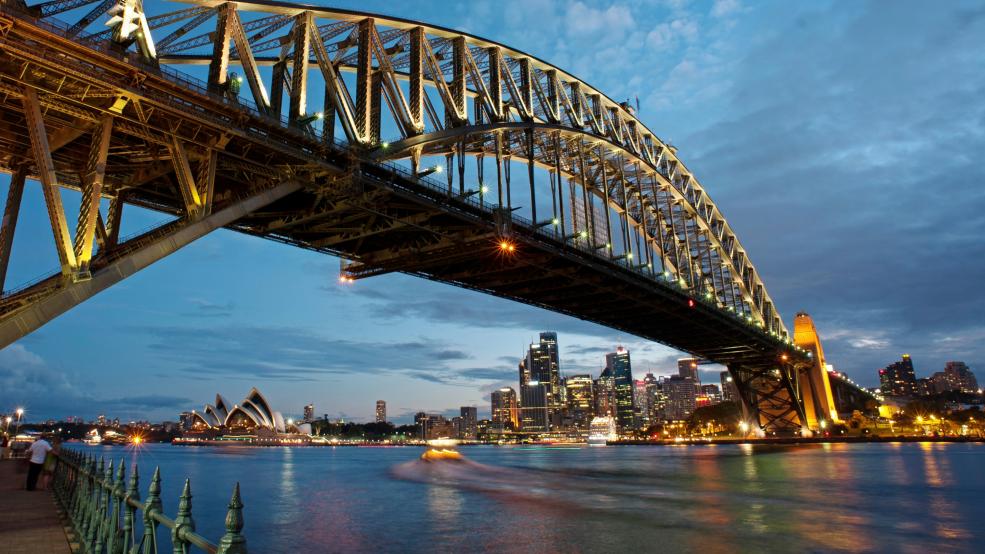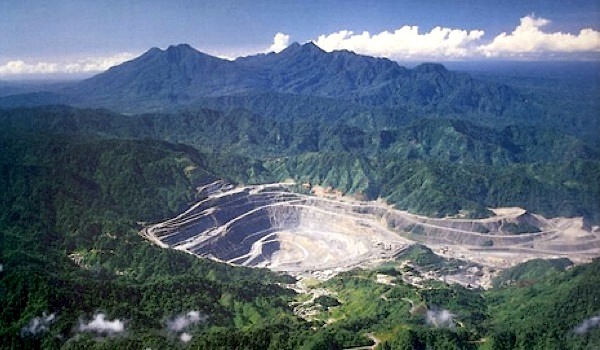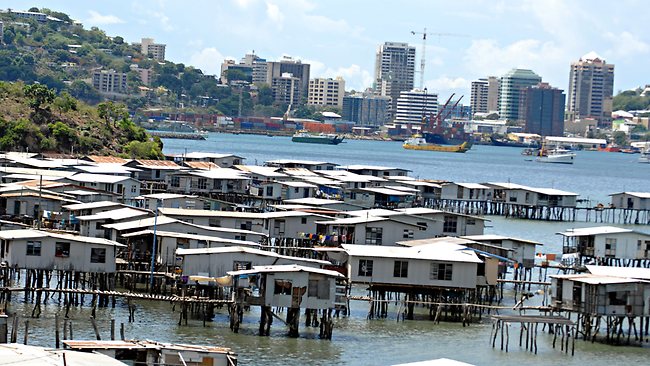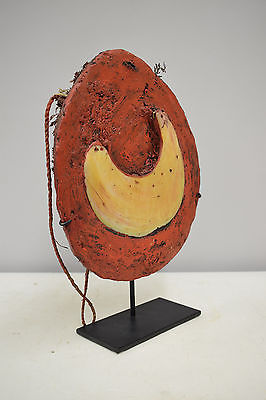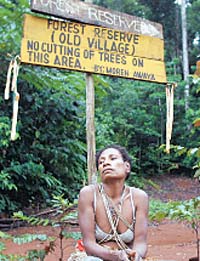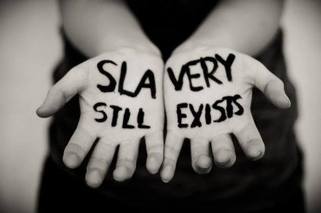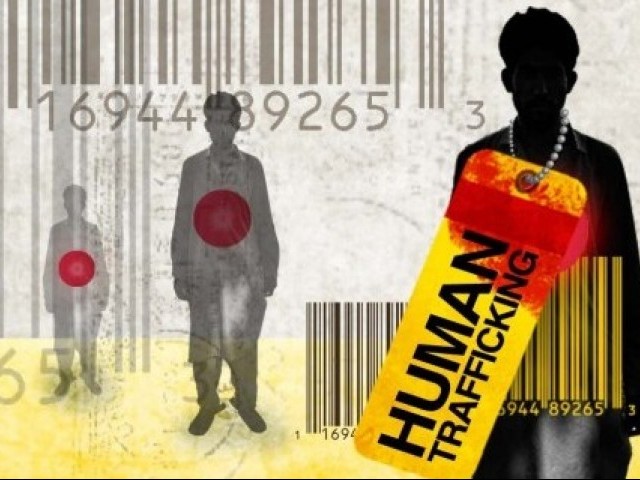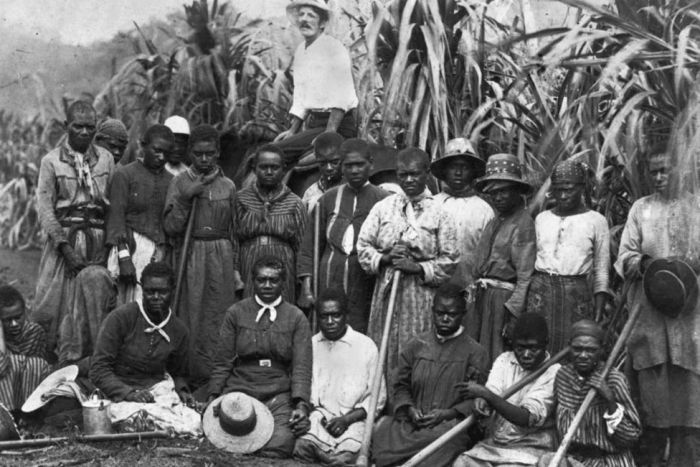One of the most informative and my favorite lecture was by Sherry Mariea about Women’s rights. She was very enthusiastic and passionate about the topic and it made the lecture very engaging and interesting. There was so many things that she talked about in the lecture that I, especially as a male, did not really think about before. She talked about the term gendercide, which is very prevalent in India because females are a financial burden in India. In India, there are 50,000 abortions a month because many people prefer to not have a female child and the preferences for sons intensifies discrimination against women.
I was always aware of sex trafficking and the issue of it but I never realized how the system was flawed in a way that it is very easy for sex traffickers to evade the law even after being accused. Sherry Mariea told once again how it was many times based women and girls being lured by financial incentives. There are many times where even the girls are prosecuted and not the pimps because the Judicial system allows victim blaming. This is startling information that I was never aware of when it comes to sex trafficking and those that are victim.
As a country, I have always felt like there has been great progress for women up to this point and I was hoping that gender inequality was not as big of an issue as it was back then. Unfortunately, I, along with many other men, are mistaken. As the results of the election show that we have a long way before true gender equality will be achieved and just hidden.
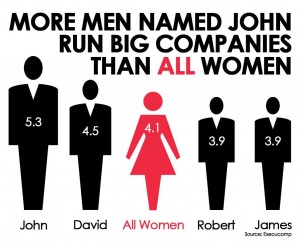
One thing that stuck with me about this lecture was how she said the women must value independence and most importantly men must value that. I do think that men are very unaware of how much they do not value or respect women independence. Even though there is much less apparent sexism, it is still a large issue that is not explored nearly as much as it should be.
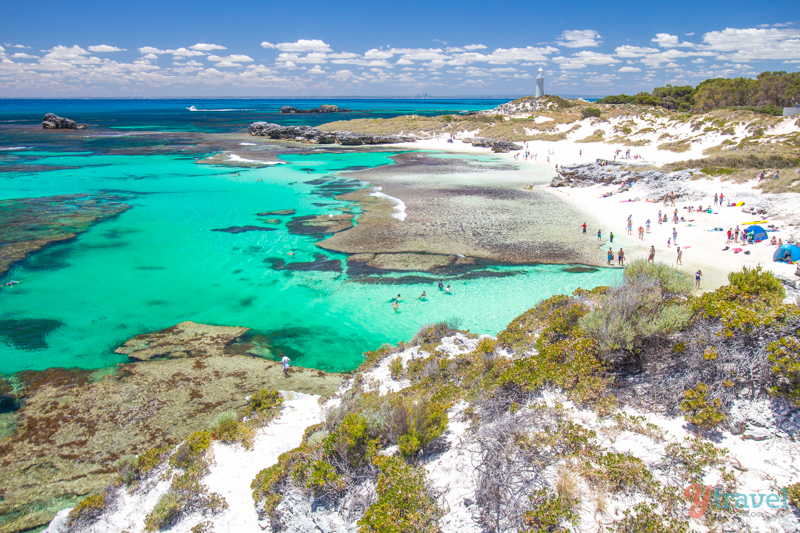
Australia is one of the wealthiest countries in the world, with the world’s 12th-largest economy. Australia has a high ranking in national performance, quality of life, health, education, economic freedom, and the protection of civil liberties and political rights. The country is part of the UN, WTO, Asia-Pacific Economic Cooperation, G20, and the Pacific Islands Forum. That is some things that Australia takes great pride in but there are still many issues with Australia as well that we have explored through this blog.
Something that I have noticed is that Australia is part of many world organizations and they have made great strides in progress but they are still overshadowed by other countries such as the United States. The country has many similarities to the United States in the sense of their progressive steps taken and their similar governments, but I do personally say that Australia has made more positive progress than the United States. Australia in a way is slowly trying to become the new power country and as their power gains the similarities to their western counterparts are increasing as well.
As mentioned in a previous post, Australia has an increasingly larger problem with economic equality. The gap between rich and poor in Australia is constantly widening. The top 20% of households receive half of the income. The bottom 20% only gets 4% of the income. According to the Guardian, The Australian Council of Social Service reported in 2014 that the wealthiest people in Australia are now making five times as much as the poorest in the country. The wealthy also have 70 times the assets of those with the lowest income.
Australia is a state that really does try to address many issues that the US does not do a very good job of such as trying to bring more indigenous or aboriginal people’s representation into their government along with a clear and concise plan to combat climate change. Though overlooked many times, Australia is a good model country for a developed country that is make steady progress and it always trying to improve itself